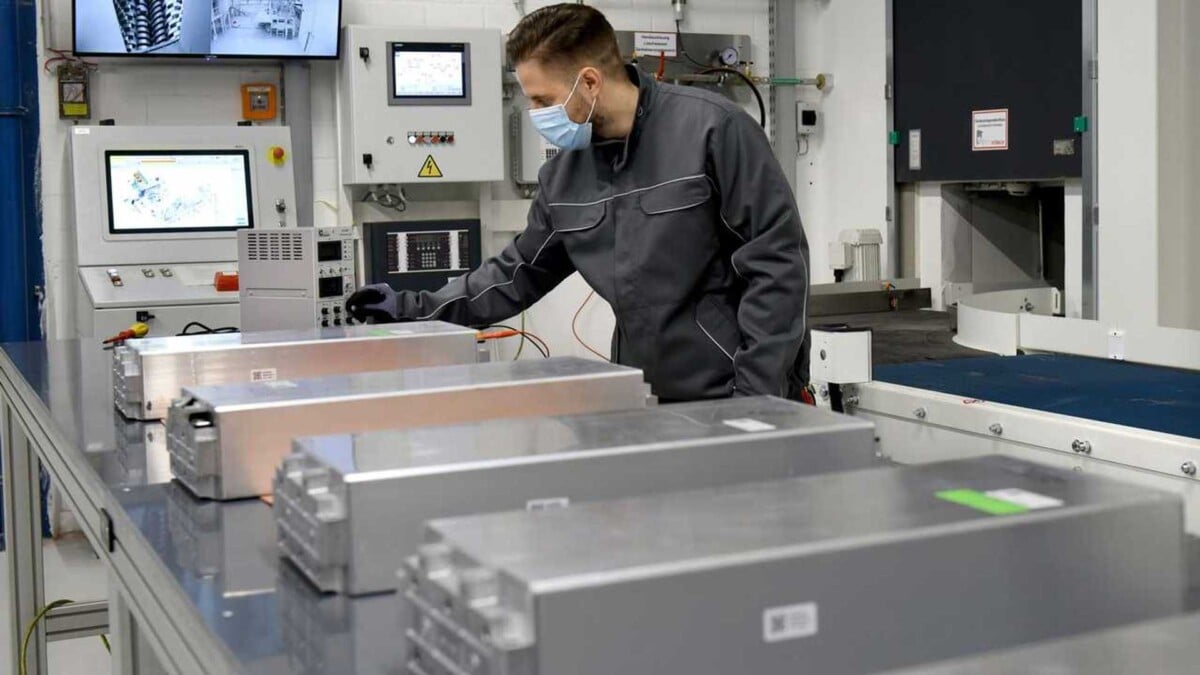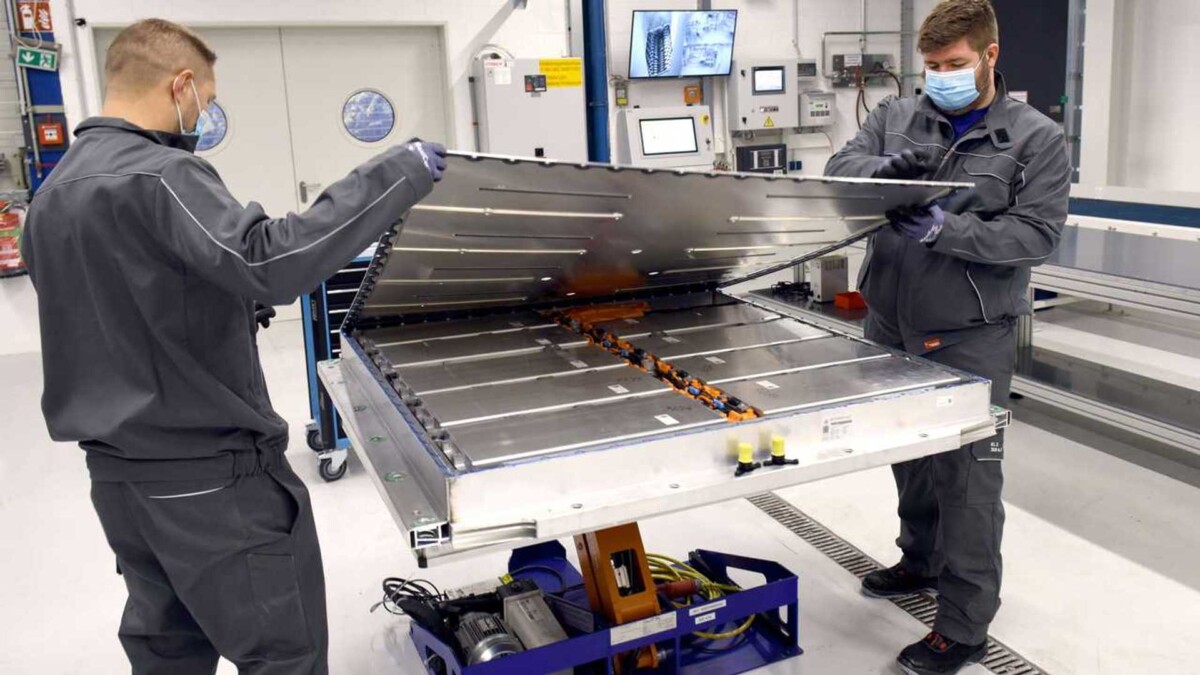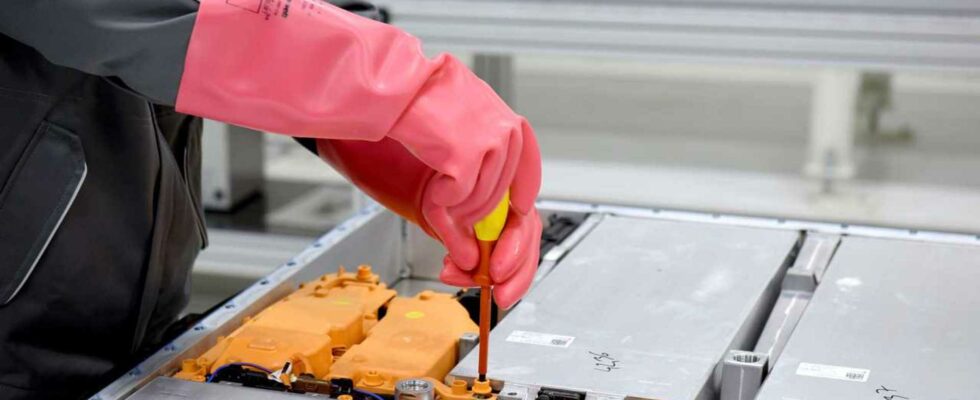A group of German researchers has developed a process for recycling and recovering LFP (cobalt-free) cells from electric car batteries. Enough to make them even more ecological and reduce the demand for raw materials.
There are more and more electric cars on the roads, whether in Europe or in France. However, detractors still raise certain arguments, claiming that these are far from being as environmentally friendly as they want you to believe.
A new recycling method
It is true that this engine is not free of defects and is not yet completely clean. However, players in the sector have strongly contributed to improving things, particularly with regard to battery recycling. And for good reason, this subject was still delicate a few decades ago, but it is no longer a problem at all today. This is thanks to businesses, as well as scientists.
The latest initiative comes from Germany, where a group of researchers was interested in recovering cells from LFP (lithium – iron – phosphate) batteries, devoid of cobalt. The project, called DiLiRec is carried by the company EAS Batteries and seems to be very promising, as explained on the site Deutscherpresseindex. But what exactly does this consist of? In fact, no less than nine German institutions and companies have invested in this very high-potential research.

Currently, two solutions for separating the different components are being tested by scientists, in order to optimize the process. The first, which is the most classic, consists of isolate the different components of LFP chemistry to serve as raw material for new batteries. In the second process, the materials are completely recovered then transformed to be reused again. However, the precise process has not been detailed at this time.
Once the end-of-life batteries are recovered from cars and recycled via these two methods, the components can be reused to manufacture other accumulators. For Michael Deutmeyer, director of EAS Batteries, “ the reintroduction of used lithium-ion batteries into the cycle is a fundamental prerequisite for the further development of electromobility“.
Avoiding a shortage of raw materials
In fact, this solution has many advantages. First of all, it is obviously ecological. She allows to reduce demand for raw materials, and in particular lithium, even though we know that its extraction takes place under conditions harmful to the environment. In addition, one of the researchers explains that the process used for recycling LFP batteries is less energy intensive than for NMC chemistry (nickel – manganese – cobalt).
Furthermore, if this solution is developed on a large scale, it will also make it possible to reduce the demand for lithium, while some specialists fear a shortage. However, this is not happening right away, since many deposits have recently been discovered. Finally, recycling old batteries will make it possible to further reduce the price of electric cars in the future. Good news, which goes hand in hand with the drop in the price of lithium in recent years.

However, we do not yet know whether the process resulting from the DiLiRec project will be effective for a concrete and large-scale application. But this initiative is not the only one existing, since other companies also want to develop the recycling of electric car batteries. This is particularly the case of the Stellantis group, which has just signed a partnership with Orano in order to recycle up to 90% of materials.
For their part, the Suez and Eramet companies have also joined forces to build a recycling plant in France, and more precisely in Dunkirk. The Chinese giant CATL plans to build two sites for this purpose in Europe, while Mercedes is working on setting up a factory in Germany. Remember that battery recycling is already a reality, with for example 92% effective recycling at Tesla.
